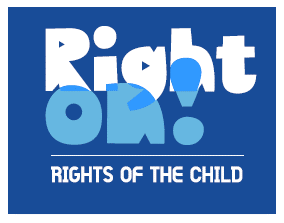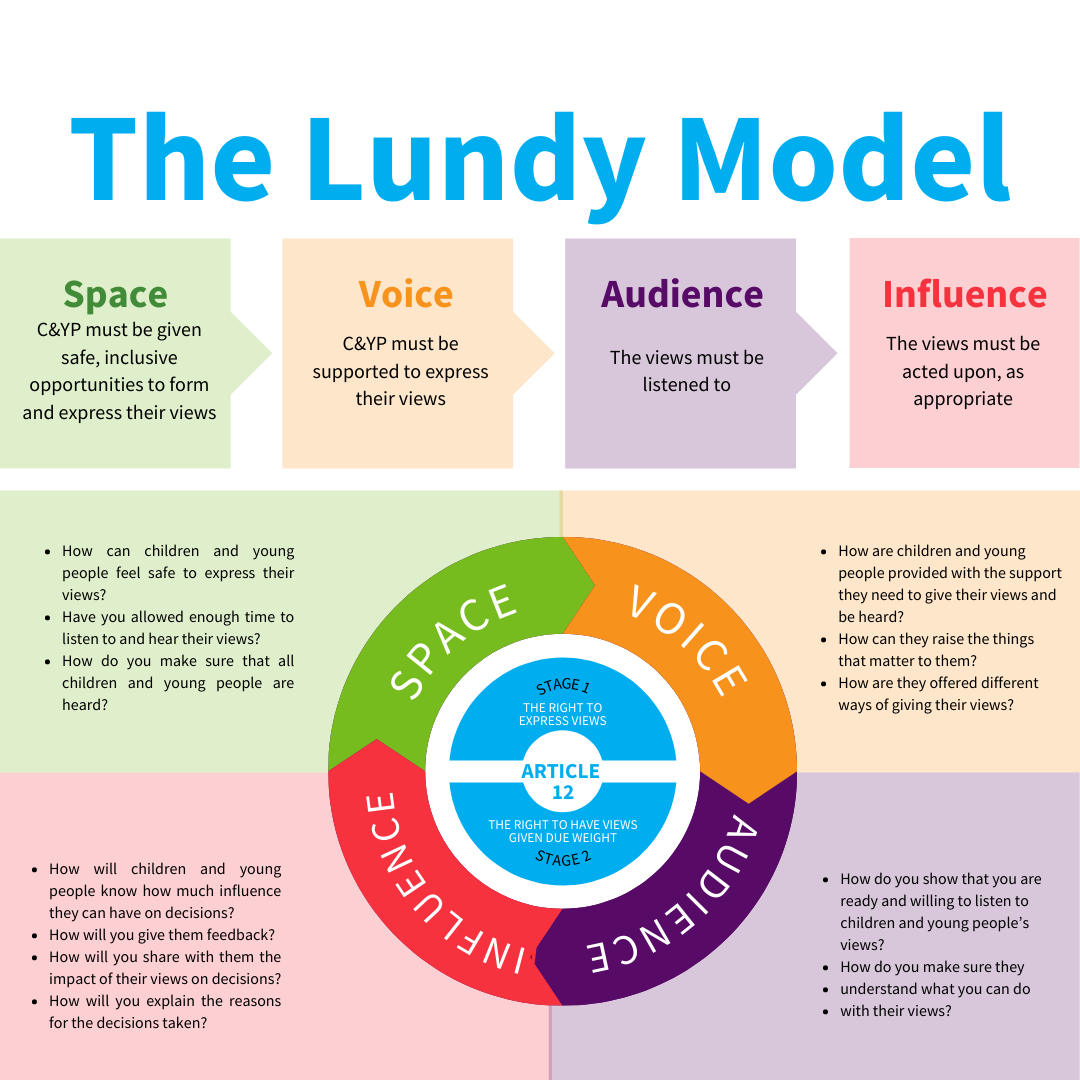WSA Enabling Student Voice
Key question: How does the school ensure all students have the opportunity to express their views and influence decisions?
- Helps pupils feel part of the school and the wider community
- Helps pupils have some control over their lives
- Fosters belief in their own abilities and aspirations
- Helps C&YP understand their rights (under The United Nations Convention on the Rights of the Child) and responsibilities.
Six Litmus Tests (Pooky Knightsmith)
(3) The Voice of Every Learner is Heard and Valued
In recent years, schools have grown a lot better at engaging with student voice, and this is reflected in the curriculum, policies and procedures which can be best tailored to meet the needs of our current students, when we listen to what they have to say. It’s important though that we ensure that every voice is heard, not just the louder ones, as there can be a tendency for a vocal minority to have their voices heard above the voices of their peers..
Litmus Test quick self-reflection tool
Prompts and resources
Wellbeing measurement tools / check-ins are a great way for C&YP to be heard.
I Wish for Change: Unleashing the Power of Kids to Make a Difference - Kyle Schwartz
Kyle Schwartz (who brought I wish my teacher knew... to prominence) has written an excellent book very relevant to the current concerns about climate and the real desire of young people to make a difference. Well worth a look.
Children's Rights

Cornwall Children's Rights Team
Children's Rights on the Start Now website
The Lundy model is a really useful way of looking at how Article 12 of UNCRC (the right to express views and have those views considered) can be put into practice:

Cornwall: a brilliant place for children to live and grow up in
Currently one of the council priorities is that Cornwall is "...a brilliant place for children to live and grow up in" - something we feel strongly that children and young people must have a say in - the ideas and resources here will help.
Page last updated: 8 November 2023


